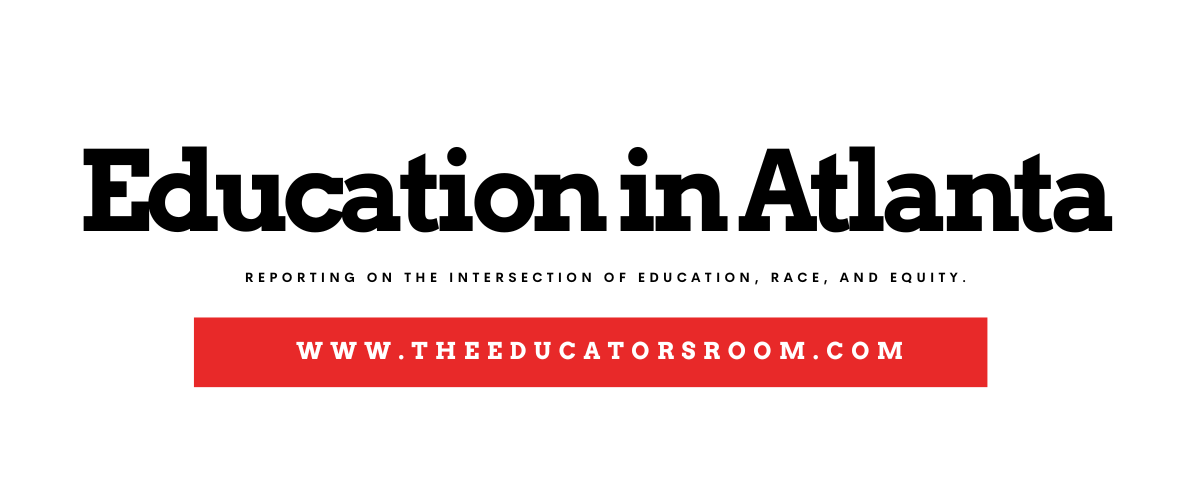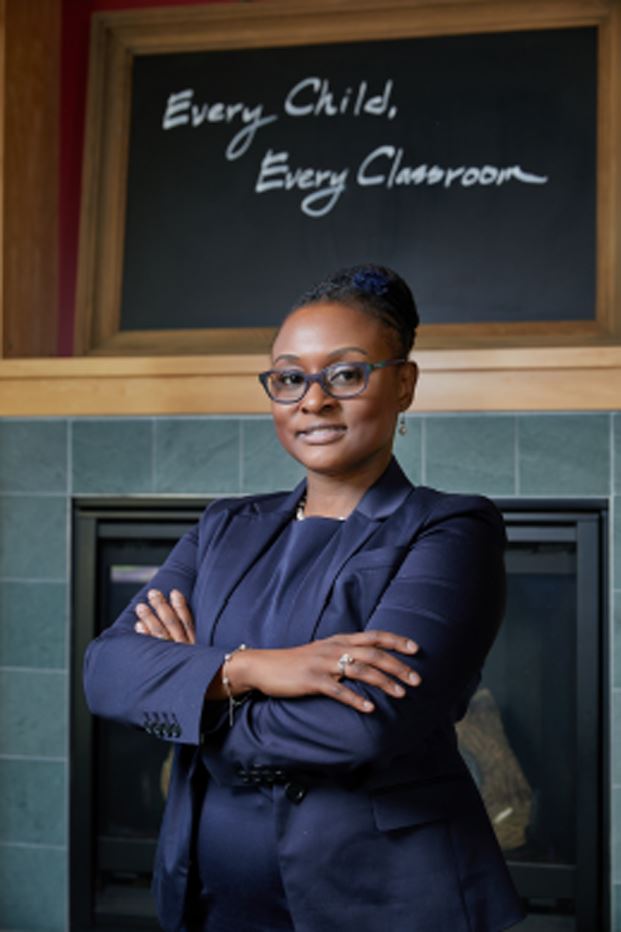Atlanta Public Schools hosted their series Talking Equity Atlanta (TEA) Wednesday evening to
discuss strategies for combating issues of equity, inclusion and student growth in South Atlanta
schools.
A mixed crowd of parents, teachers and even a student were in attendance for the talk.
Dr. Tahueedah Baker-Jones, Chief Equity and Social Justice Officer, discussed strategies for
increasing the success rates of students and clarified definitions for things such as equity.
“At APS we define equity as the quality of being just and fair regardless of economic, social,
cultural and human differences among and between persons,” said Baker-Jones.
“To foster a culture that encourages excellence for all students and staff we believe that equity
should be and must be at the forefront.”
After a brief introduction on the evening’s topics the audience was then broken out into different
Zoom Breakout sessions. Each session was given questions to answer about what strategies can
be implemented to help improve the quality of education and experiences for students.
After discussing for about a half hour the audience came back to the original Zoom call to give
their answers to the questions. Many of those in attendance spoke about being able to give
students a plan of action for after college, preparing students to be critical thinkers, limiting staff
turnover and making resources consistent between school districts.
Overall, a common theme was that these things will help to improve students and their quality of
education given to them. In regards to South Atlanta schools, the 2019-2020 high school
graduation rate declined by 6.6 percentage points indicating a drop off in overall academic
performance, however Dr. Baker-Jones indicated that the way to combat these statistics is
through equity.
When asked what her ideal school system would look like (in terms of equity) and what was the
ultimate end goal, Baker-Jones said “I would say that the first thing that we’re trying to strive for
in this area as I mentioned is to remove the predictive link between demography and student
outcomes.”
“Right now we can tell, pretty much put our finger on where a student may live, what school a
student may go to, what racial background that student belongs to and maybe even what social
economic status that student belongs to just based on their outcomes and their scores. And if we
truly want to see social justice, at least social justice in education we have to remove that
predictive link between students and our outcomes.”

